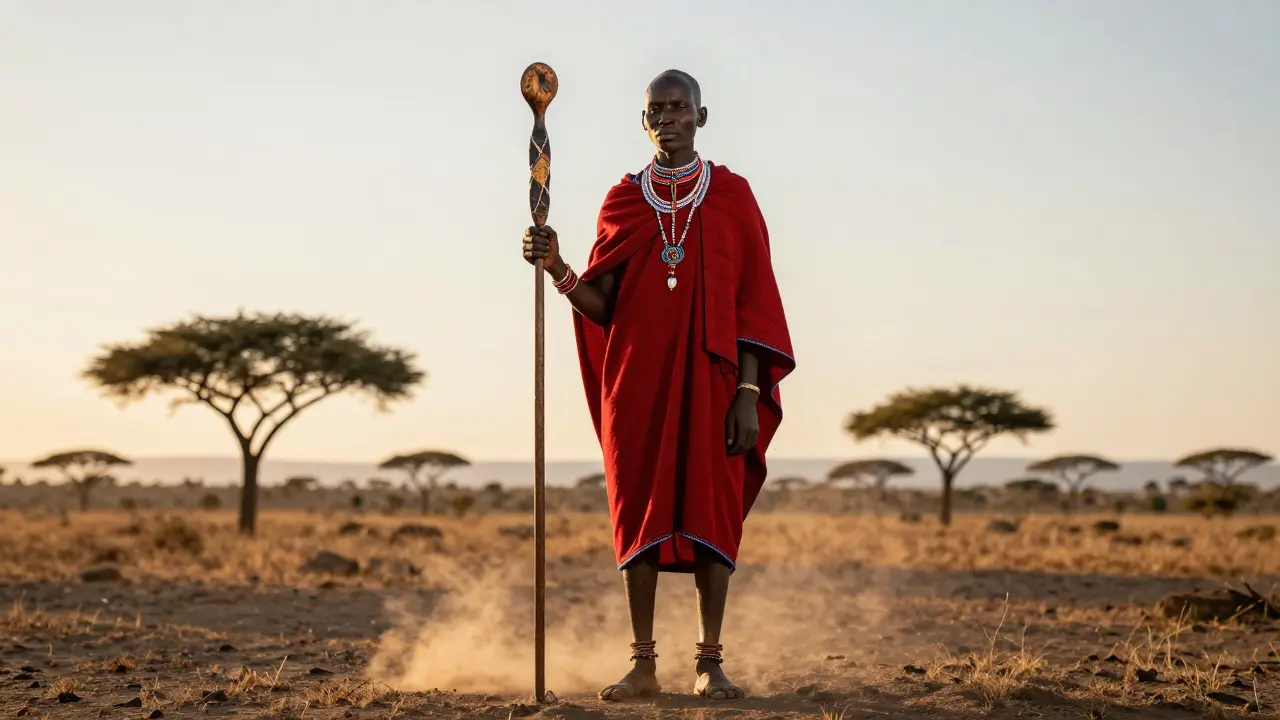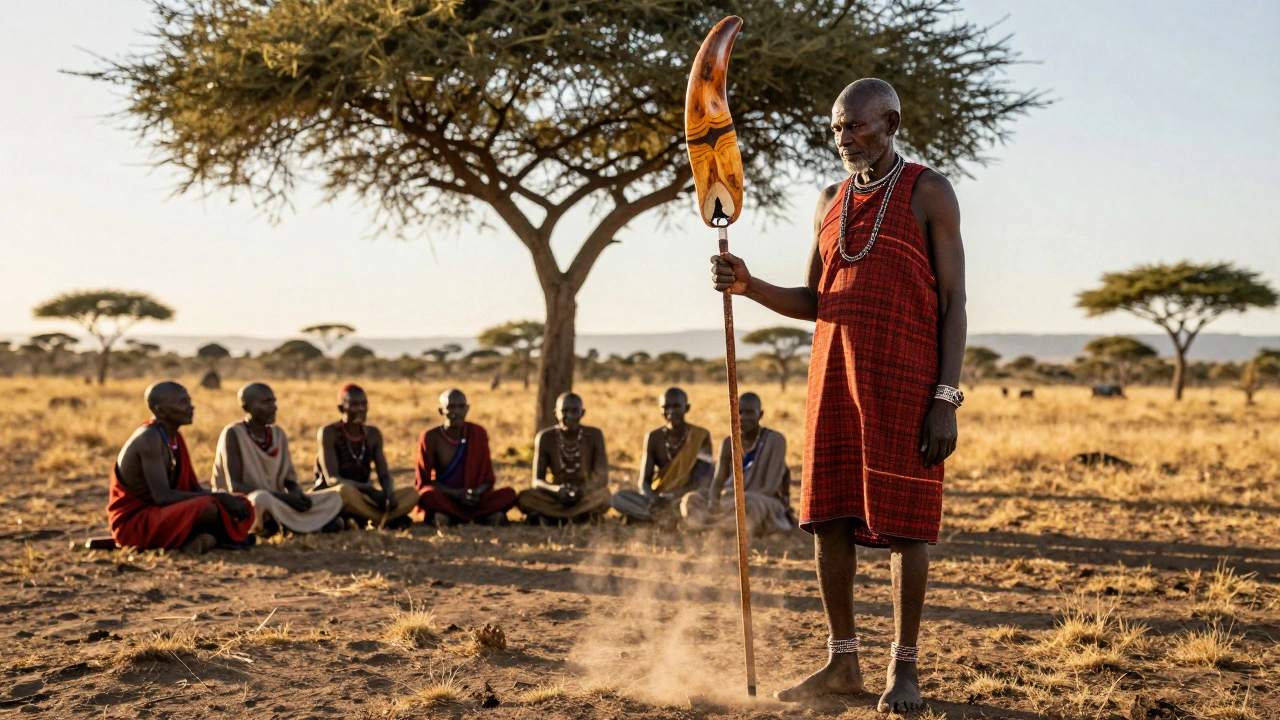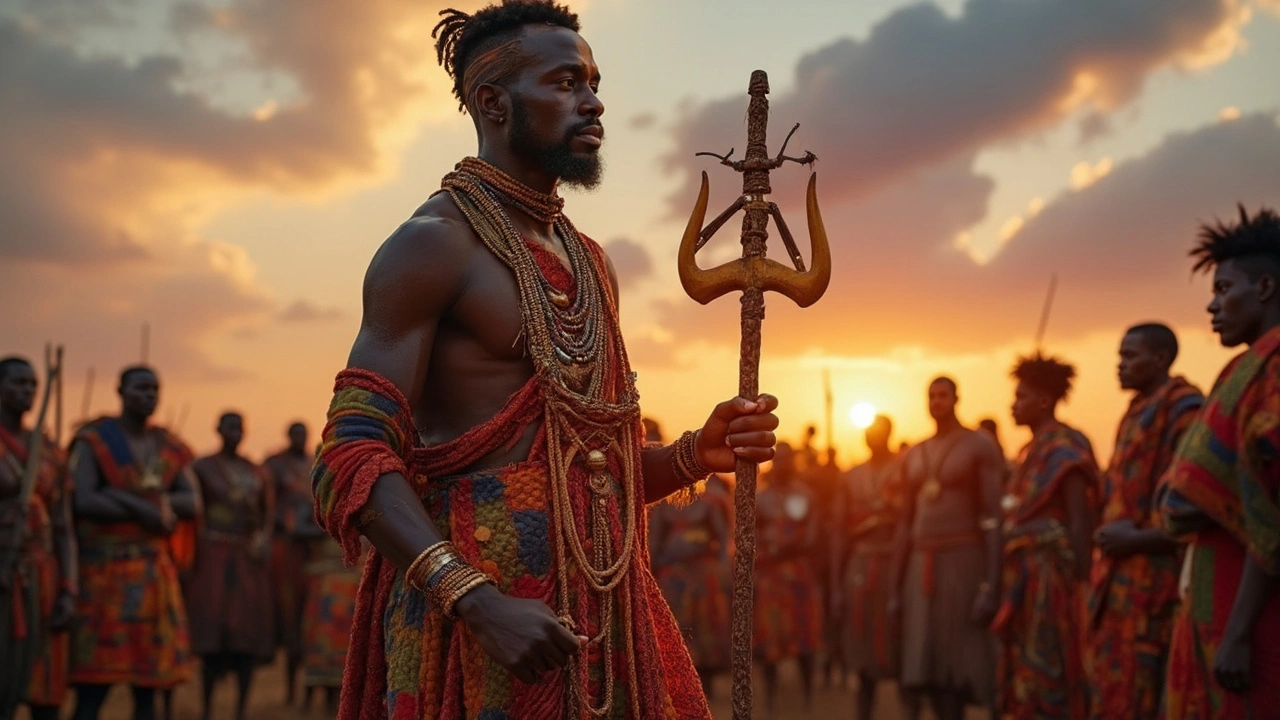Massage as a Cultural Symbol: More Than Just a Therapy
Massage isn't just about relaxation or pain relief; it’s a deep cultural symbol in many parts of the world. When you think about massage, you might picture a spa treatment or stress relief, but it actually carries a rich history that ties into community, healing beliefs, and even spiritual practices.
The way massage is done and what it means changes from culture to culture. For instance, in Ayurveda from India, massages use special oils and techniques to balance mind and body, rooted in thousands of years of practice. Then there's Lomi Lomi from Hawaii, which flows like a dance and encourages harmony between you and nature. Each style tells a story and reflects the values important to that culture.
Why Massage Holds Cultural Significance
Massage often symbolizes care, connection, and health in many cultures. It’s more than a physical touch; it’s about restoring balance, showing respect, and sometimes even passing down tradition from one generation to another. For example, in some communities, massage is a rite of passage for healing or preparation before big life events.
Beyond personal care, massage can show social bonds. Family members might massage elders as a sign of respect, or communities come together to share healing practices. These traditions can reveal a lot about how people value their bodies, health, and each other.
Modern Appreciation and Cultural Roots
Today, many massage styles popular in wellness centers are inspired by these cultural roots. When you get a massage, whether it’s Swedish, Thai, or Shiatsu, you’re experiencing a piece of someone’s heritage. Respecting these origins adds depth to the therapy and connects us to a wider human story.
So next time you book a massage, consider it more than just a chance to unwind. You're stepping into a practice thousands of years old, one that has touched lives and cultures in meaningful ways. That’s the real power of massage as a cultural symbol—it connects body, history, and community all in one touch.
The rungu is a traditional African wooden club that carries deep cultural meaning beyond its use as a weapon. Used by the Maasai and other East African communities, it symbolizes strength, identity, and heritage in both daily life and ceremony.
The rungu is a traditional African staff that symbolizes authority, wisdom, and calm leadership among East African tribes like the Maasai. Far from being a weapon, it's a tool of presence that guides decision-making and maintains social order.
The rungu is a powerful symbol of authority and leadership in several African tribes. Typically a wooden club or baton, it's more than just a weapon – it represents respect, power, and social status. This article explores the historical significance of the rungu, how it's used in modern-day Africa, and tips for understanding its cultural importance. Discover the unique stories and traditions tied to this fascinating emblem.




 Health and Wellness
Health and Wellness